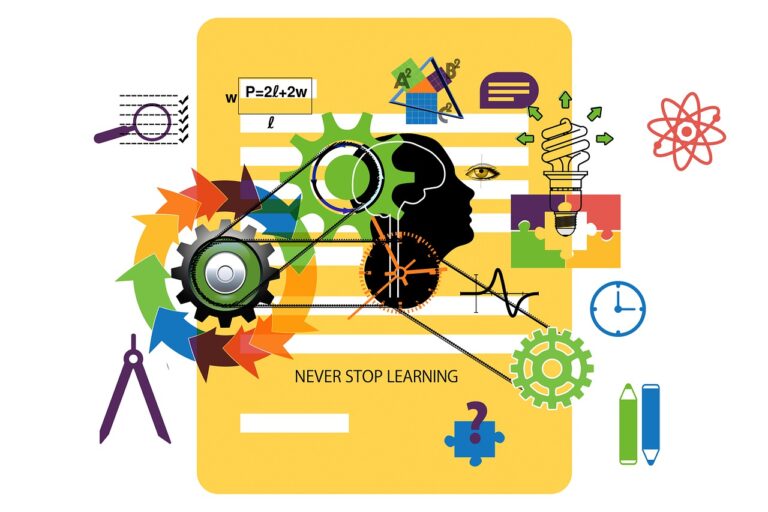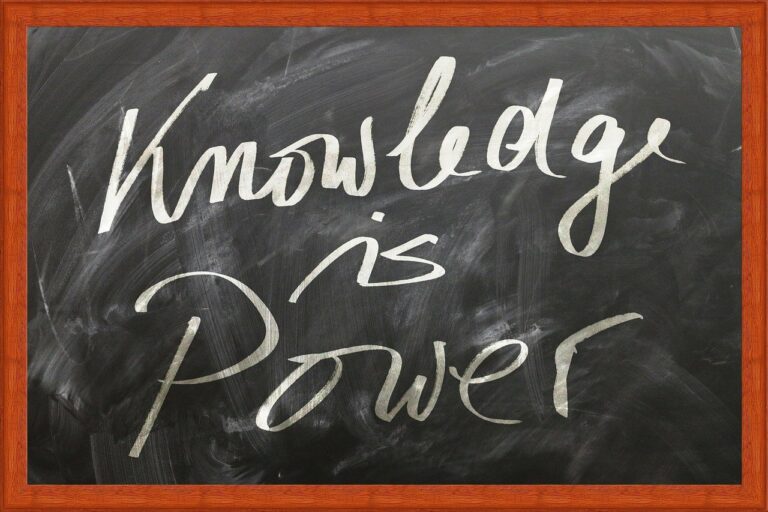Tutoring Techniques for Developing Mathematical Thinking
betbhai9 id whatsapp number, playexch login, lotus 365 win:Tutoring Techniques for Developing Mathematical Thinking
Are you struggling to help your students develop their mathematical thinking skills? Do you find it challenging to engage them in problem-solving activities that foster critical thinking and creativity? If so, you’re not alone. Many educators face the same dilemma when it comes to teaching math.
But fear not, there are some effective tutoring techniques that can help you nurture your students’ mathematical thinking abilities. In this article, we’ll explore some strategies that can make a significant impact on your students’ learning outcomes.
1. Encourage Problem-Solving: One of the key ways to develop mathematical thinking is to encourage your students to solve problems independently. Provide them with challenging problems that require critical thinking and creativity to solve. This will help them develop their problem-solving skills and enhance their mathematical thinking abilities.
2. Use Real-World Examples: Incorporating real-world examples into your lessons can help students see the practical applications of mathematics. This can make math more engaging and relevant to their everyday lives, leading to a deeper understanding of mathematical concepts.
3. Foster a Growth Mindset: Encourage your students to embrace a growth mindset when it comes to learning math. Teach them that intelligence is not fixed and that with effort and persistence, they can improve their mathematical skills. This can help boost their confidence and motivation to learn.
4. Provide Constructive Feedback: Offer constructive feedback to your students on their problem-solving skills. Highlight areas where they have excelled and provide guidance on how they can improve. This can help students learn from their mistakes and grow as mathematicians.
5. Integrate Technology: Use technology tools such as educational apps and online resources to enhance your students’ learning experiences. These tools can make math more interactive and engaging, helping students develop their mathematical thinking skills in a fun and engaging way.
6. Collaborative Learning: Encourage collaboration among your students by incorporating group activities into your lessons. Working together on math problems can help students learn from each other, exchange ideas, and develop their problem-solving skills collectively.
7. Visual and Hands-On Learning: Utilize visual aids and hands-on activities to help students visualize mathematical concepts. This can make abstract concepts more tangible and easier to understand, leading to improved mathematical thinking skills.
FAQs
Q: How can I help my students overcome math anxiety?
A: Encourage a positive attitude towards math, provide support and encouragement, and create a safe and supportive learning environment.
Q: Are there any resources I can use to supplement my math tutoring sessions?
A: Yes, there are many online resources and educational apps available that can help enhance your students’ learning experiences.
In conclusion, developing mathematical thinking skills in students requires a combination of effective tutoring techniques, including problem-solving, real-world examples, fostering a growth mindset, constructive feedback, integrating technology, collaborative learning, and visual and hands-on learning. By implementing these strategies, you can help your students become confident, critical thinkers who excel in math.







